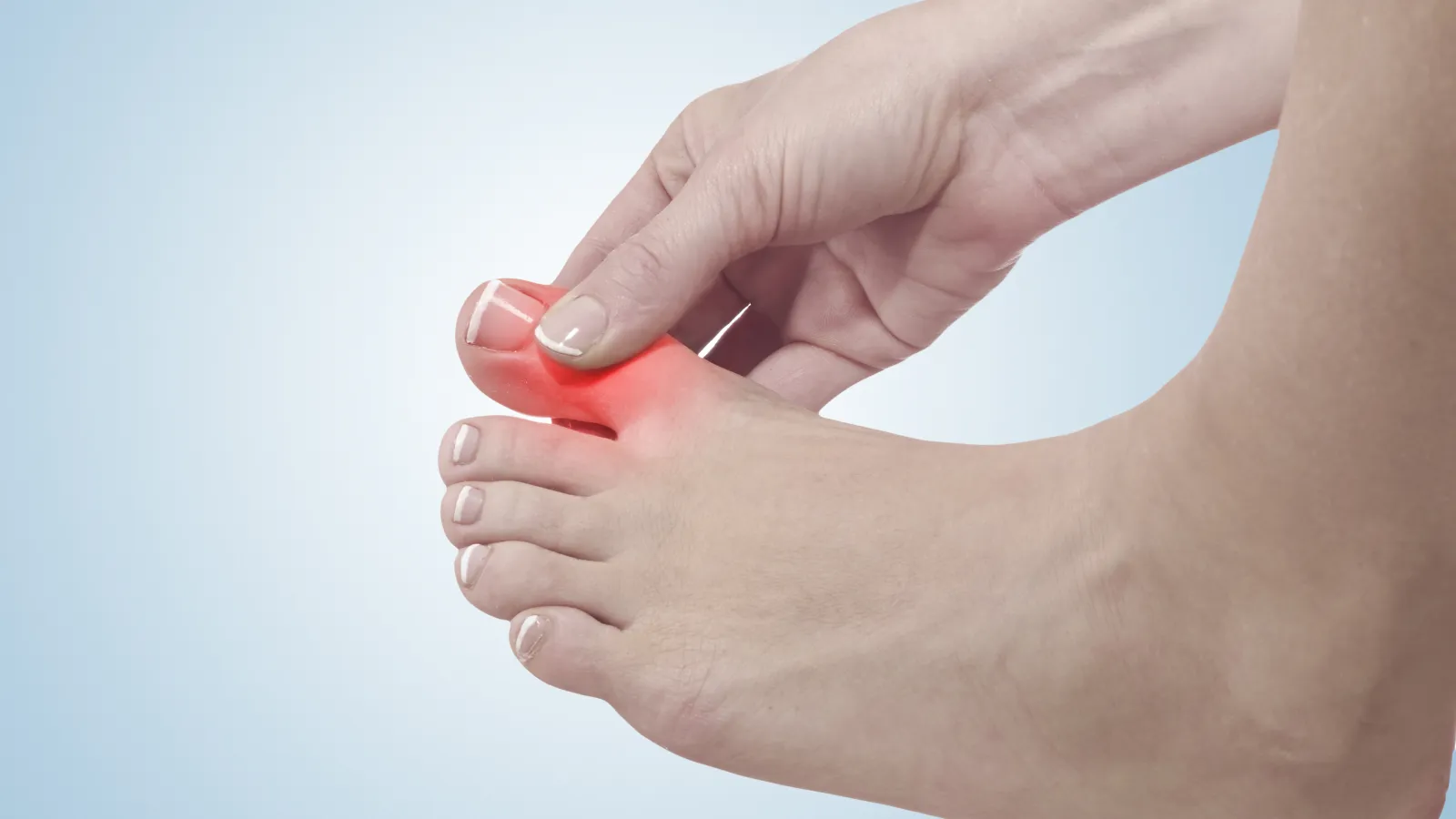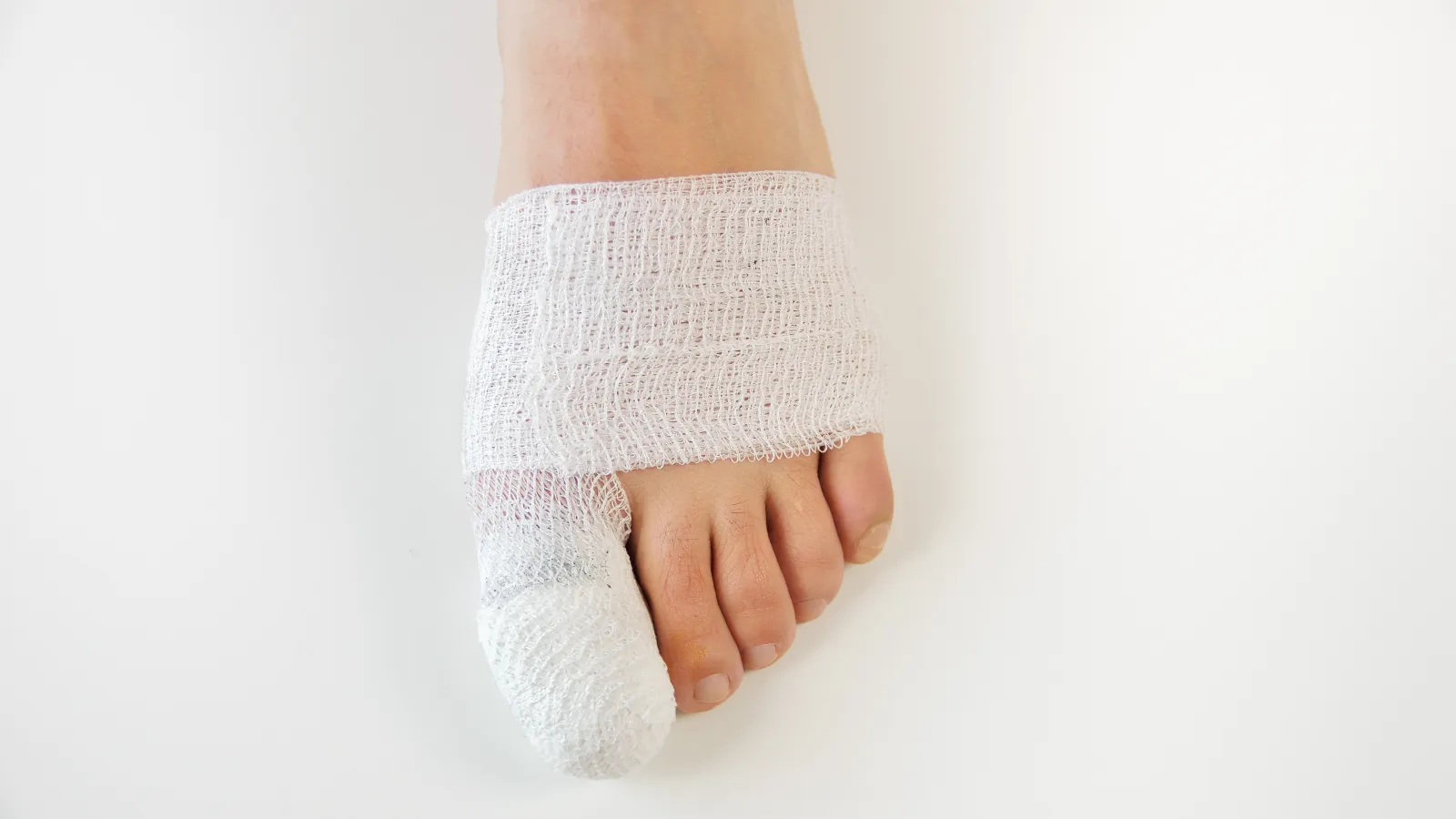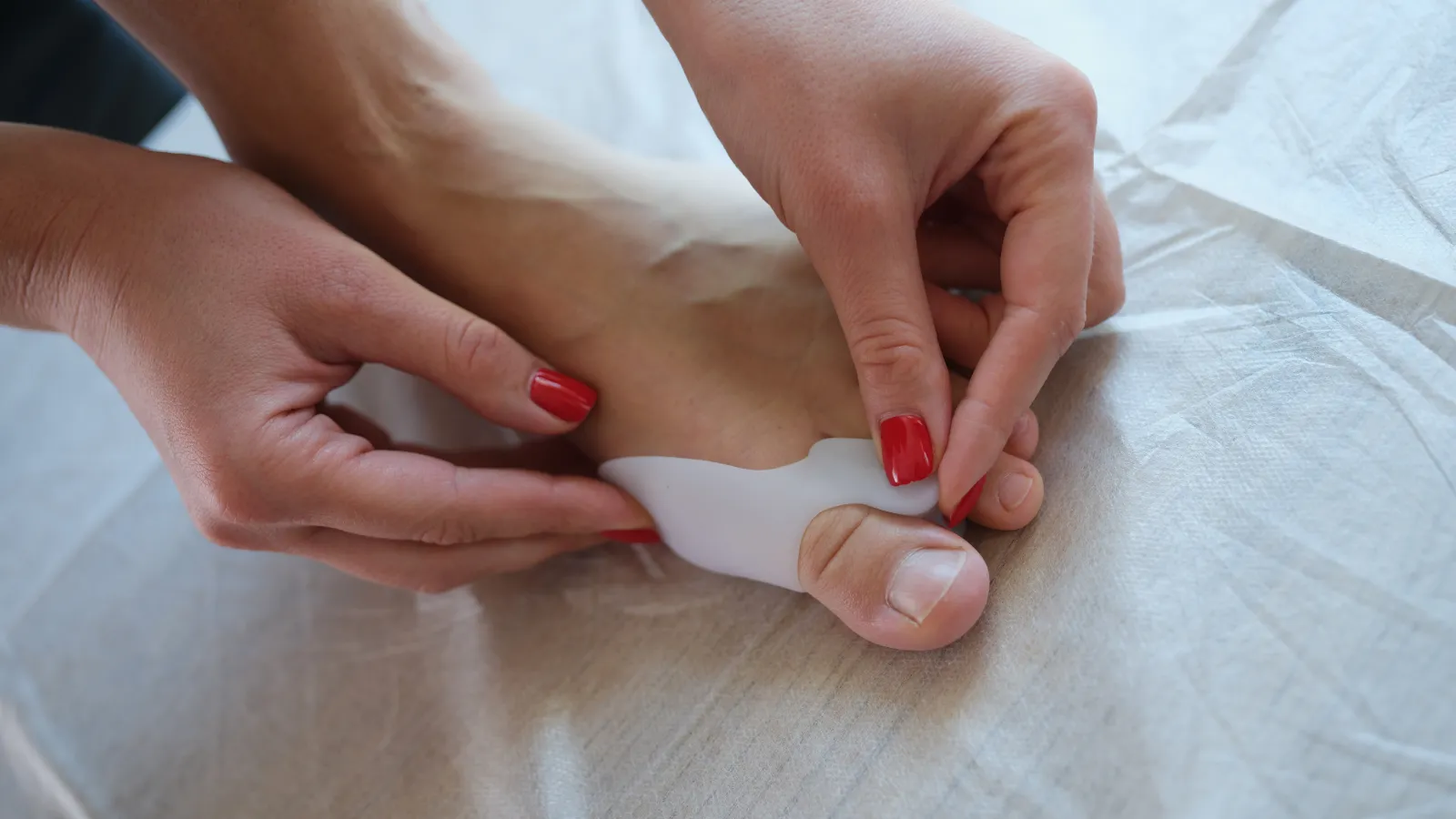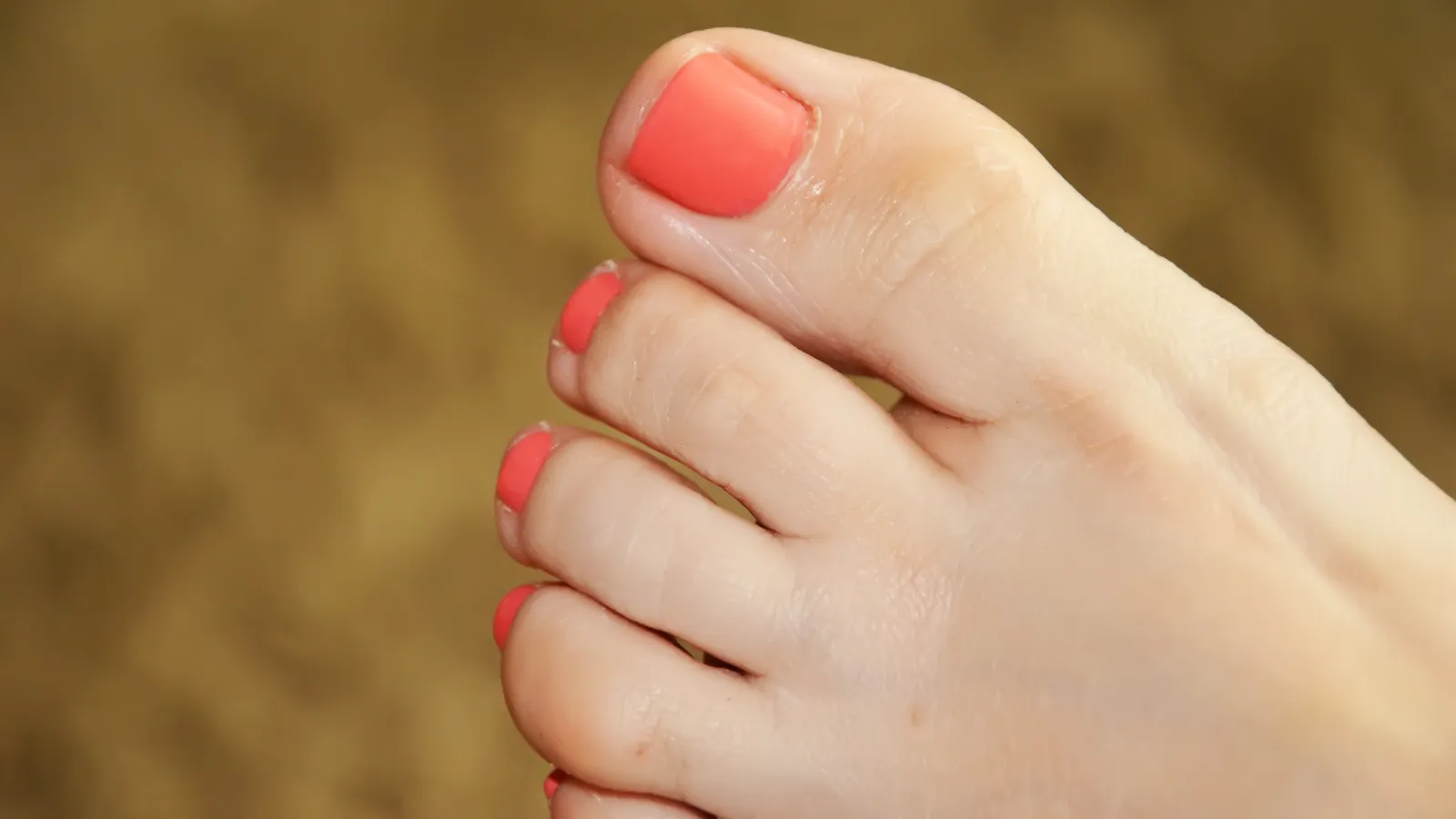
Hammertoe Surgery Can Improve Your Mobility and Function
About Hammertoe Correction Surgery
The development of severe hammertoe is typically the result of wearing narrow shoes that lack adequate support. Over time, it can cause exceptional pain and difficulty walking for patients. At Orthopaedic Specialists of Austin, we can relieve your discomfort and restore function by repositioning your toe, removing deformed bone tissue, or realigning your tendons through hammertoe correction surgery. As foot and ankle orthopedic specialists at our Lakeway, TX, Austin, TX, and Leander, TX, practices, Dr. Andrew Ebert will ensure you receive optimal treatment and comprehensive care.
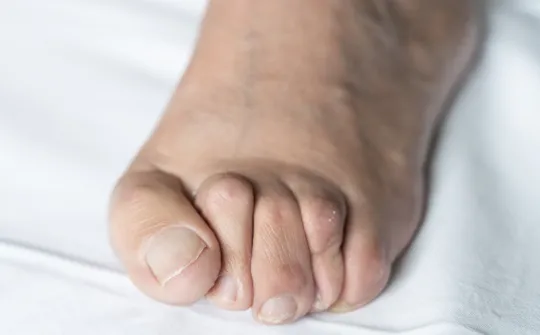
What is Hammertoe?
Hammertoe is an abnormality characterized by a middle joint in the second, third, or fourth toe that is curled downward instead of remaining straight, giving the appearance of a hammer. Although it is typically diagnosed in the second or third toe, it can affect any of the toes on your foot. Conservative treatments and exercises may help treat hammertoe and prevent the problem from progressing. However, for most patients, the toe will remain in a downward position and eventually require surgery.
Hammertoe Causes
Hammer toe usually develops over time from arthritis or wearing narrow shoes with inadequate arch support, such as high heels. This results in an imbalance in the surrounding muscles, tendons, or ligaments in the foot, preventing the toe from bending and straightening properly. Once the muscles weaken and the toe remains in a bent state for a prolonged amount of time, it will no longer be able to straighten on its own.
Risk Factors
Women have a greater chance of developing hammer toe, due to trendy shoes with narrow toe boxes and high heels. You may be at risk for developing this foot disorder if you are older, have diabetes, or a family history of hammer toe. Other causes may include:
- Toe length
- Age
- Birth defect
- Arthritis
- Toe injury

Signs and Symptoms
Hammertoe is very apparent and easily diagnosed. Common symptoms may include:
- A bent toe that looks like a hammer
- Pain when moving the affected toe
- Inability to straighten the affected toe
- Difficulty walking
- Swelling or redness on the toe
- Corns, calluses, or open sores on top of the joints of the affected toe

